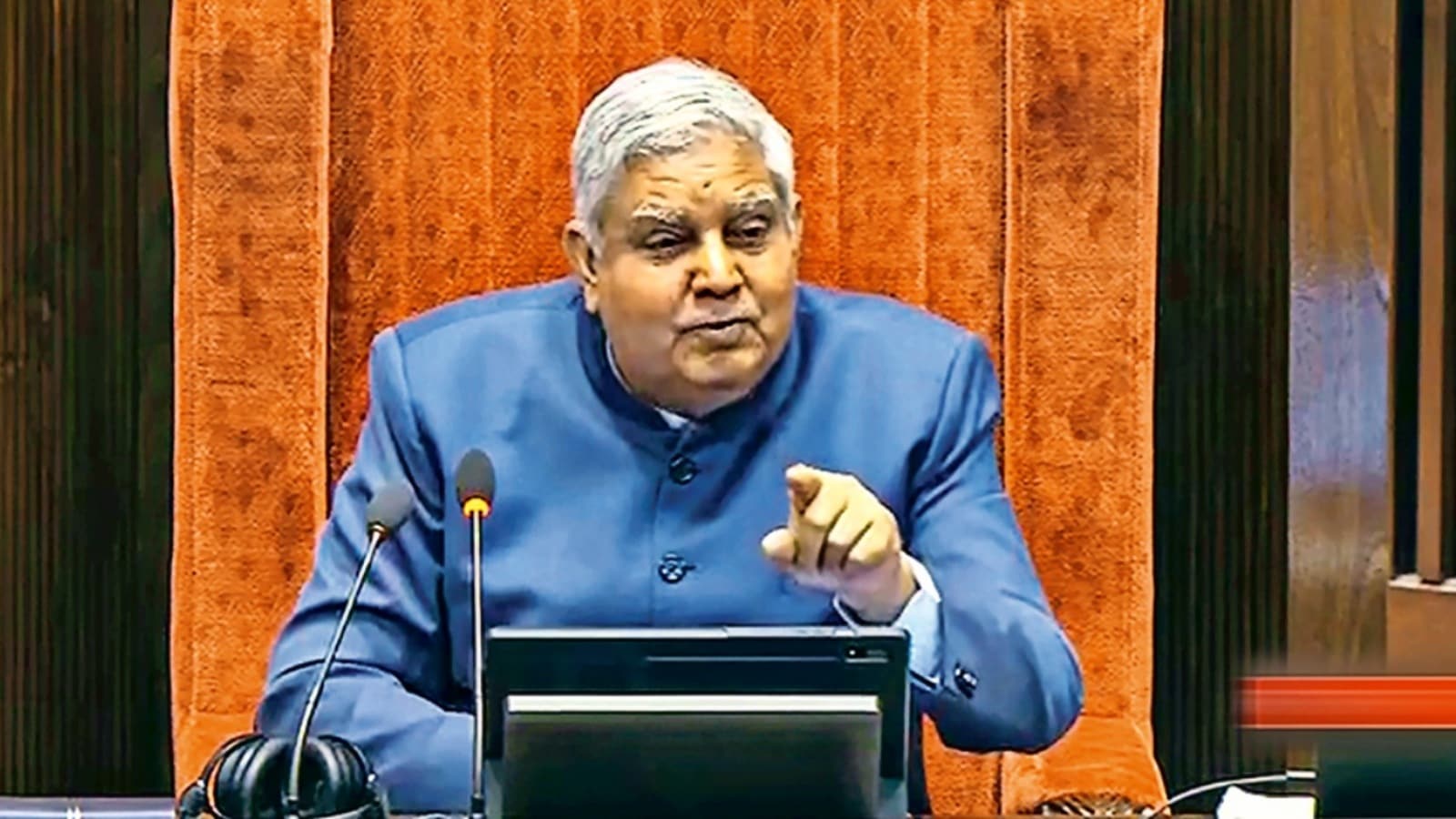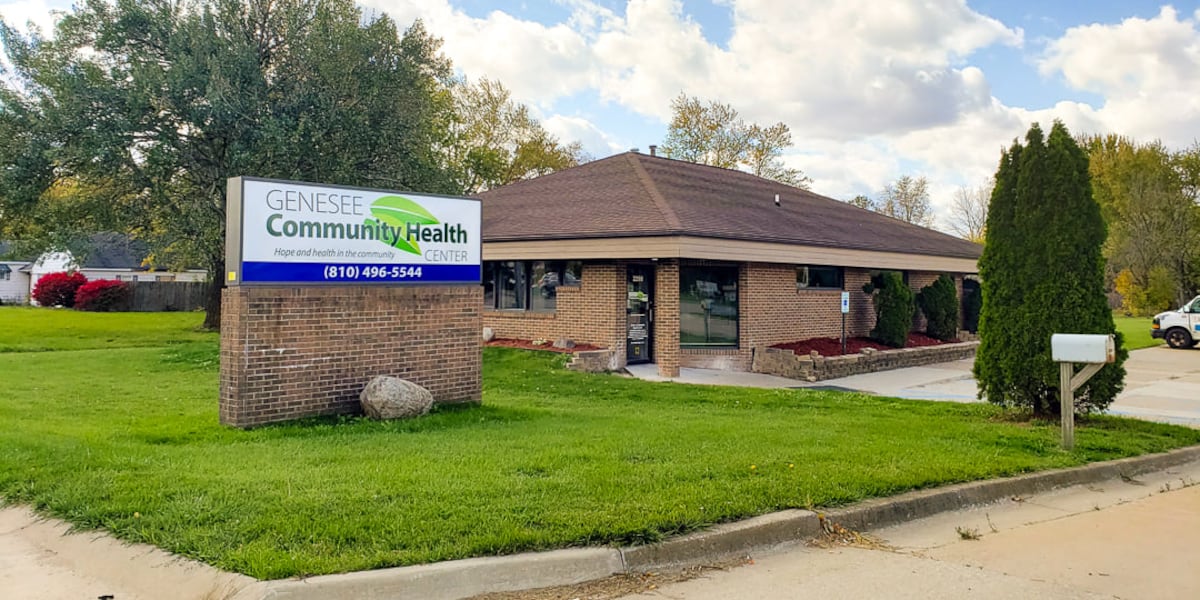Rural America's Mental Health Crisis Deepens: How Medicaid Cuts Threaten Access to Care

Rural America Faces a Mental Health Crisis – And It's About to Get Worse
The vast landscapes and tight-knit communities of rural America often belie a hidden struggle: a growing mental health crisis. Limited access to specialists, long distances to treatment facilities, and a pervasive stigma surrounding mental illness already pose significant challenges. Now, recent Medicaid cuts included in the new tax and spending bill are poised to exacerbate these difficulties, potentially pushing rural communities further into a mental health emergency.
The Impact of Medicaid Cuts
The recent legislation, while aiming to address broader economic concerns, has unintentionally created a ripple effect impacting vulnerable populations. Medicaid, a vital safety net program providing healthcare coverage to millions of low-income Americans, is facing significant reductions. For rural areas, where a substantial portion of the population relies on Medicaid for mental health services, these cuts are particularly devastating.
Losing Coverage, Losing Access
The most immediate consequence of these cuts will be a loss of coverage for many rural residents struggling with mental health conditions. Individuals who previously relied on Medicaid to access therapy, medication management, and other essential services will find themselves without a lifeline. This loss of coverage isn't just about individual hardship; it’s about a public health crisis waiting to unfold.
Rural Health Centers Under Threat
Beyond individual patients, the cuts threaten the very infrastructure that provides mental health care in rural areas. Rural health centers, often the only source of medical and mental health services for miles, depend heavily on Medicaid funding to stay afloat. Reduced funding could force these centers to curtail services, reduce staff, or even close their doors entirely. This would create a devastating void in care, leaving rural communities with even fewer options.
The Ripple Effect: Stigma and Untreated Illness
The closure or reduction of rural health centers will only intensify the stigma surrounding mental illness. With fewer accessible resources, individuals may be less likely to seek help, leading to delayed diagnoses and worsening conditions. The lack of access to early intervention can result in more severe mental health issues, increased rates of substance abuse, and even tragic outcomes like suicide.
Addressing the Crisis: A Call to Action
The situation demands urgent attention and a multi-faceted approach. Policymakers must reconsider the Medicaid cuts and prioritize funding for rural health initiatives. Community leaders and healthcare providers need to work together to raise awareness about mental health, reduce stigma, and expand access to culturally appropriate care. Telehealth, which utilizes technology to deliver healthcare remotely, offers a promising solution for reaching isolated rural populations. Investing in training more mental health professionals to work in rural settings is also crucial.
The Future of Rural Mental Health
The future of mental health in rural America hangs in the balance. Failing to address this crisis will have far-reaching consequences, impacting not only the well-being of individuals but also the economic vitality and social fabric of these communities. It's time for a concerted effort to ensure that all Americans, regardless of where they live, have access to the mental health care they need and deserve.






